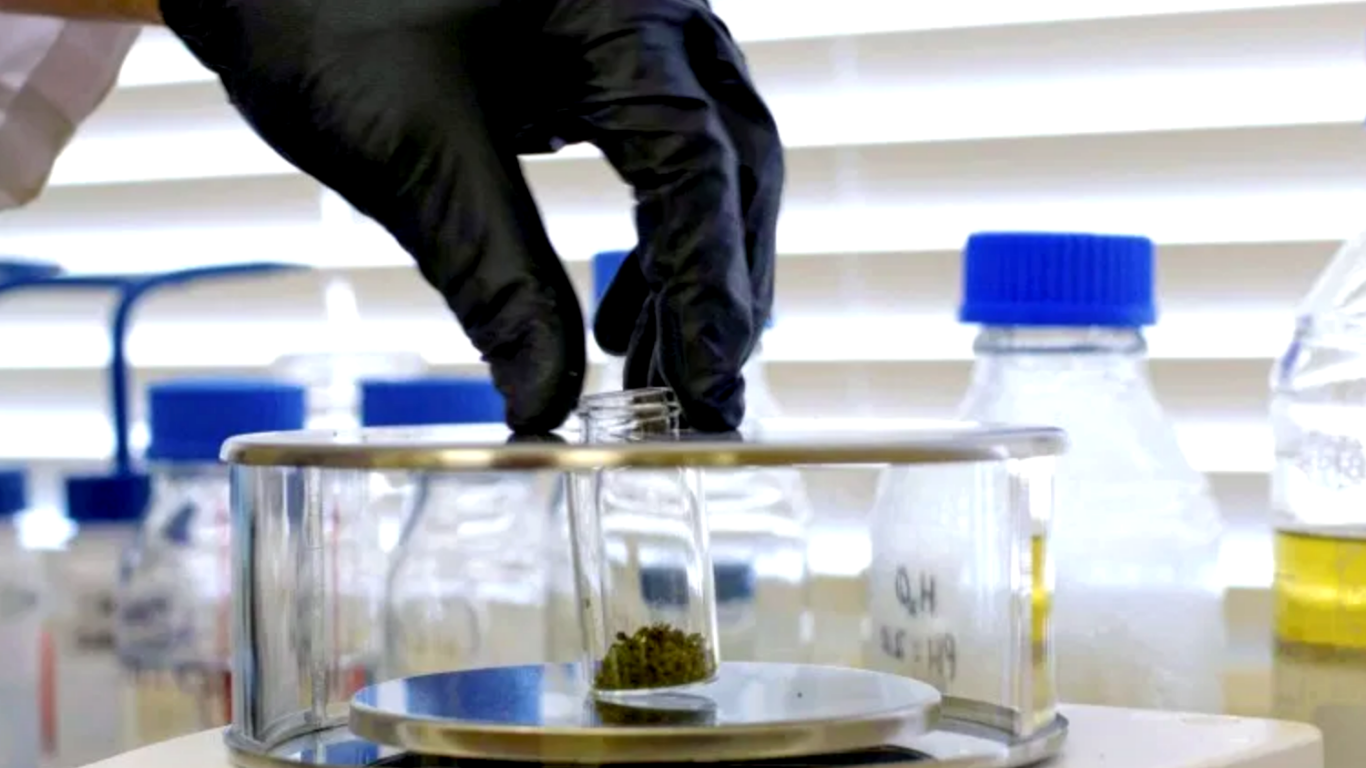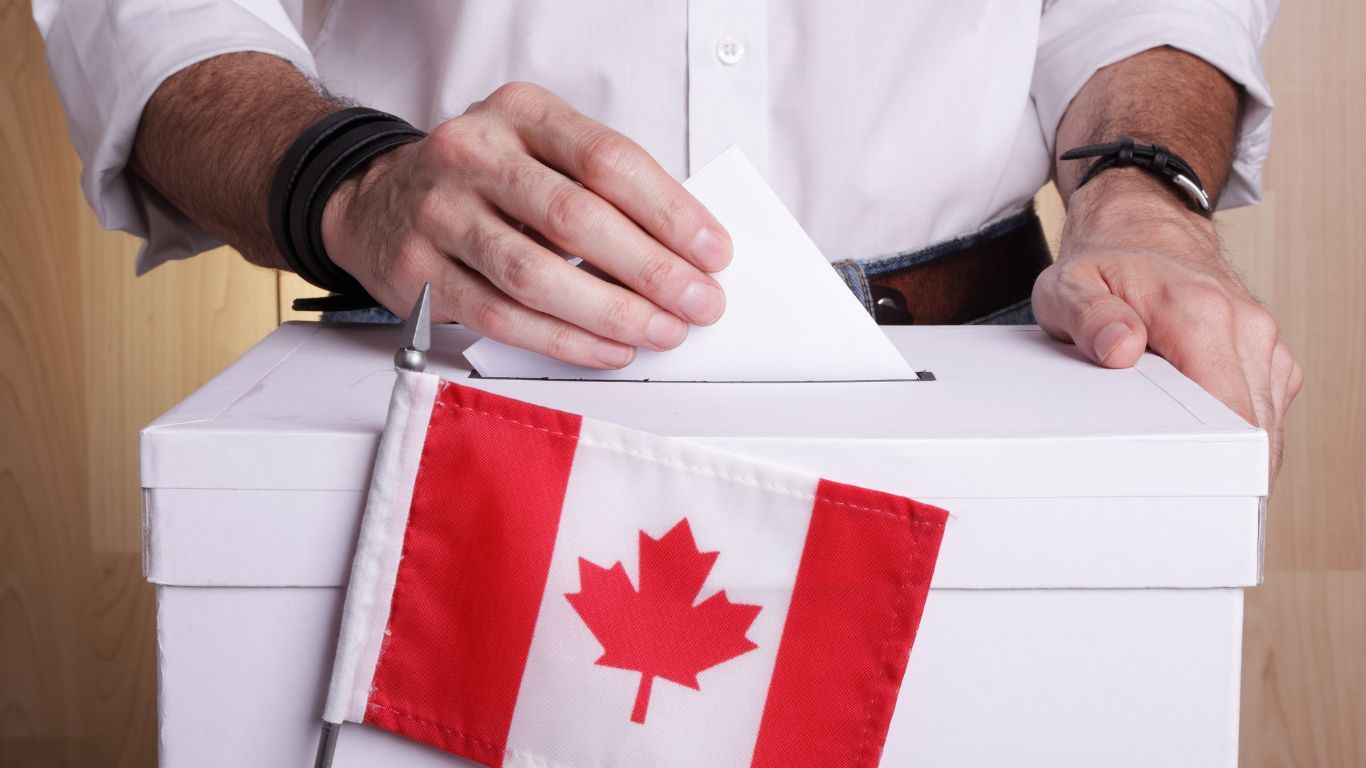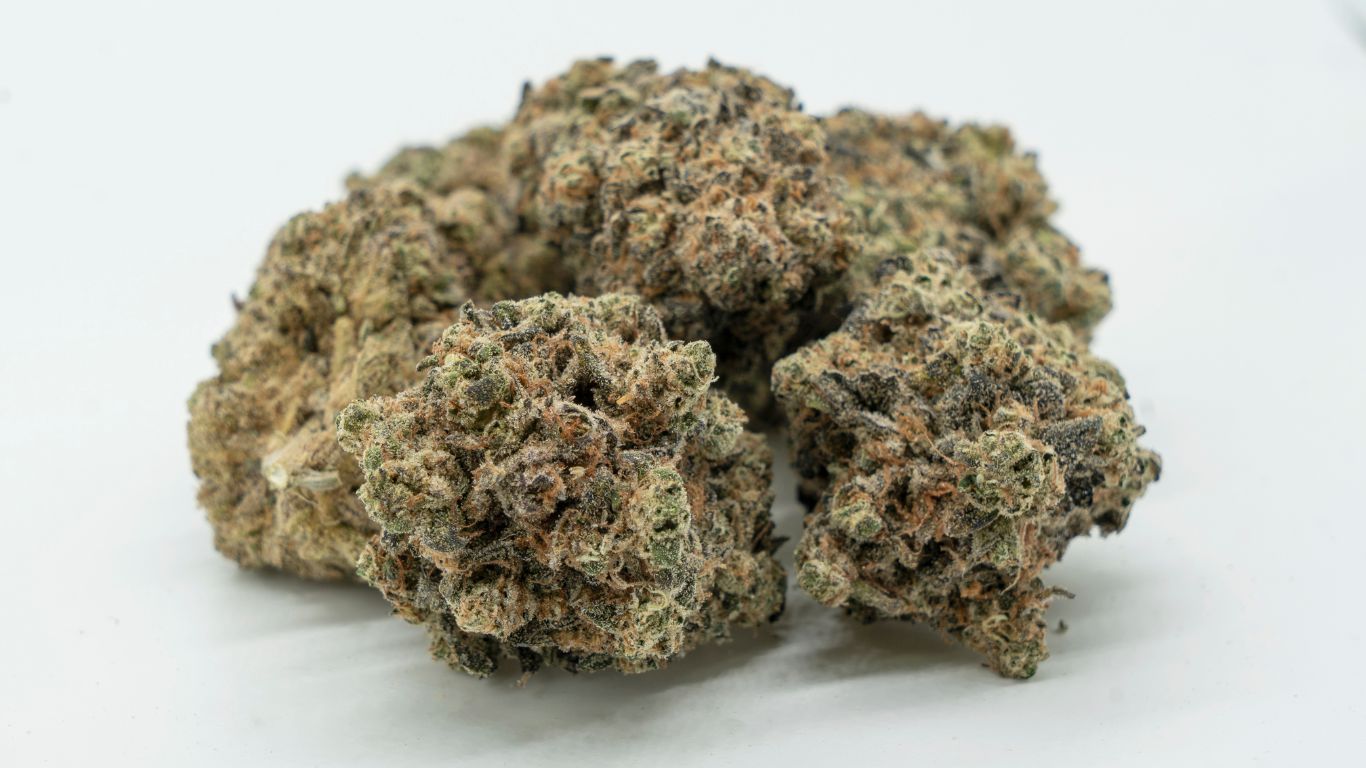
The cannabis market in Canada is a dynamic place, with multiple companies jockeying for market share, including a host of smaller producers eager to get their products into the supply chain. One of the biggest drivers of product success is THC levels.
“There’s an incentive to exaggerate cannabinoid profiles,” says Dr. Brigitte Simons, CEO of BC Craft Lab Services, an eCommerce platform that pairs Canadian producers with accredited labs. “When cultivators are engaged in procurement discussions, they’re also pushing labs for results that match past expectations. They can’t complete the sale without validated test results from a licensed laboratory, and until the results come in, a deal can’t be made on a cannabis cultivar-type alone.”
They asked for us to convert and report as Dry, because it reported a 4% higher THC value. We didn’t. We will always stay within Health Canada’s regulations.
Pay-to-Play model
For some time in Canada, there have been rumours that a few labs have embraced a “pay-to-play” model, though the challenge appears to be mostly with regard to standardization and expertise. No one contacted for this article would go on the record with a direct accusation, but it is clear that the pressure to deliver high THC numbers is a problem, as are inconsistent practices.
“There are some new labs that don’t understand how the chemistry and reporting relate to cannabis,” says Daryl Patterson, Operations Manager Food & Pharma (Cannabis) at A&L Canada Laboratories, in London, Ontario. “As well, the assumption that there’s a ‘pay for THC result’ could be confused because of the ‘Dry’ reporting issue.”
THC levels can really affect the business model. The market is saying that you have to hit high THC content, or else the consumer won’t look at your product.
Dry testing
In Dry testing, labs use the analyzed moisture content to calculate the “AS-IS” tested THC value to a Dry value. This artificially inflates the reported value – hence its appeal to product marketers.
“I had a recent example of a newly-licensed provider that didn’t like the AS-IS result we gave them,” says Patterson. “They asked for us to convert and report as Dry, because it reported a 4% higher THC value. We didn’t. We will always stay within Health Canada’s regulations.”
Health Canada’s Good Production Practices (GPP) guide clearly states that the AS-IS result must be used for labelling products. A Dry result – known as anhydrous – can never be used to market THC levels in a product. Nonetheless, the incentive to report higher THC levels is real.
If a Health Canada audit determines that the THC numbers are wrong, then the licenced provider, the lab, and retailer are all accountable for auditing their records.
“I have had clients contact me saying that they’re being pressured to use other labs,” says Brian Coutts, A&L’s Strategy and Business Development Manager (Food & Pharma). “THC levels can really affect the business model. The market is saying that you have to hit high THC content, or else the consumer won’t look at your product.”
Educating the consumer
Coutts adds that Strainprint, a cannabis data and analytics company, and Leafly, the largest web-based source of cannabis information, are doing a good job educating the consumer on the “entourage” effect, wherein THC works synergistically with other compounds.
However, the challenge is that levels of THC, terpenes, and other cannabinoids can vary within cannabis plant varieties, yet batch testing is based on a reductive, molecular understanding of the product as a mixture. One possible solution would be to design product specifications based on sampling multiple tests in a batch. Unfortunately, this is costly for start-ups managing cash-flow, and not practical for cannabis wholesale buyers focussed on quick product acquisition.
The C-45 Quality Association… is a peer-to-peer network of quality assurance professionals, lab operators, and agency representatives that bring a collective intelligence to business practices.
Record auditing
“If a Health Canada audit determines that the THC numbers are wrong, then the licenced provider, the lab, and retailer are all accountable for auditing their records,” says Simons from BC Craft Lab Services. “The three parties reconcile the product discovered out-of-specification. Then they try to remove themselves: the retailer says ‘We accepted your product data at face value’; and the lab confirms their results with a hold-back sample. That leaves the risk of recall with the licensed producer.”
Many new brands are exposing themselves to liability if they engage with the wholesale market with questionable THC numbers. These smaller companies often don’t possess the required risk management skills given the high degree of uncertainty involved in getting manufacturing off the ground, and ensuring consistent quality.
“I’m protective of the micro license suppliers that have just entered the industry,” says Janeen Davis, Director of Business Development and Client Services at BC Craft Supply Company. “Everyone wants to do business with them. They’re the shining light of Canadian cannabis, but a recall could damage reputations and relationships.”
C-45 Quality Association
Some action is being taken, with one example being Canada’s C-45 Quality Association. The Association is a non-for-profit, private sector organization that advocates for compliance and quality. It is specifically geared toward supporting the cannabis industry by providing centralized resources, and information on regulations.
“The C-45 Quality Association was formed in early 2019,” says Simons. “It’s a peer-to-peer network of quality assurance professionals, lab operators, and agency representatives that bring a collective intelligence to business practices. The goal is to get everyone on an even playing field, and to support the industry.”
The issue came to a head last month when some of Canada’s bigger cannabis companies were told they might be facing a multi-million dollar class-action lawsuit. The claim, which may never get to court, references wildly variable levels of THC in a cannabis oil purchased in Calgary last February. The effect has been to shine some light on the government’s priorities regarding laboratory oversight.
Standardization
“Even though cannabis is a recreational product, the government still needs to protect the health of Canadians,” says Stephanie Ostrander, Account Manager at Keystone Labs in Edmonton. “The analytical testing license is more about working with a controlled substance, and the security of it. You don’t need to prove your capabilities as a lab.”
Standardization issues could be mitigated with wider adoption of the International Organization for Standardization (ISO) 17025 accreditations, as well as the availability of certified reference materials for testing and for instrument calibration. Right now, obtaining an analytical testing licence for cannabis is an arduous process, but many observers believe it won’t determine lab proficiency until validated methods, and lab procedures, are ISO and International Electrotechnical Commission (IEC) certified.
“Most cannabis labs commercialized their test offerings late 2018, and early 2019,” says Simons. “They had their initial inspection, and had to validate their methods. However, it is periodic audit and employee training that maintains lab competency.”
With cannabis lot release test prices running into the thousands of dollars, smaller producers can be anxious about getting the desired results in order to secure a good price for their products. At the same time, larger producers with more sales registrations may source lab results, looking for a company that delivers the desired THC numbers to meet sales demands.
‘“I personally don’t think fraud is rampant in the industry,” says Simons. “However, it is remarkable how results can swing between harvested plant crops and labs hired for the lot release testing – and that suggests to me that what we need is better standardization and methodology. The C-45 Quality Association will bring visibility to these matters, as would wider adoption of ISO 17025, and the availability of reference materials to measure proficiency with these service providers.”
Featured image via cannabislifenetwork.com











